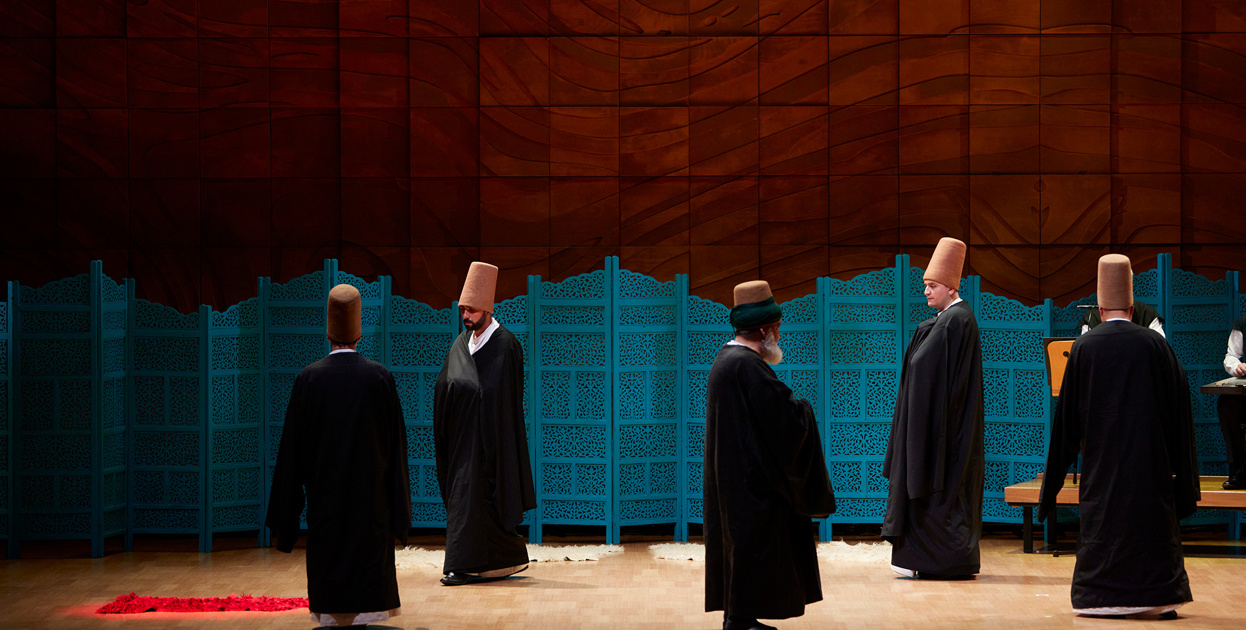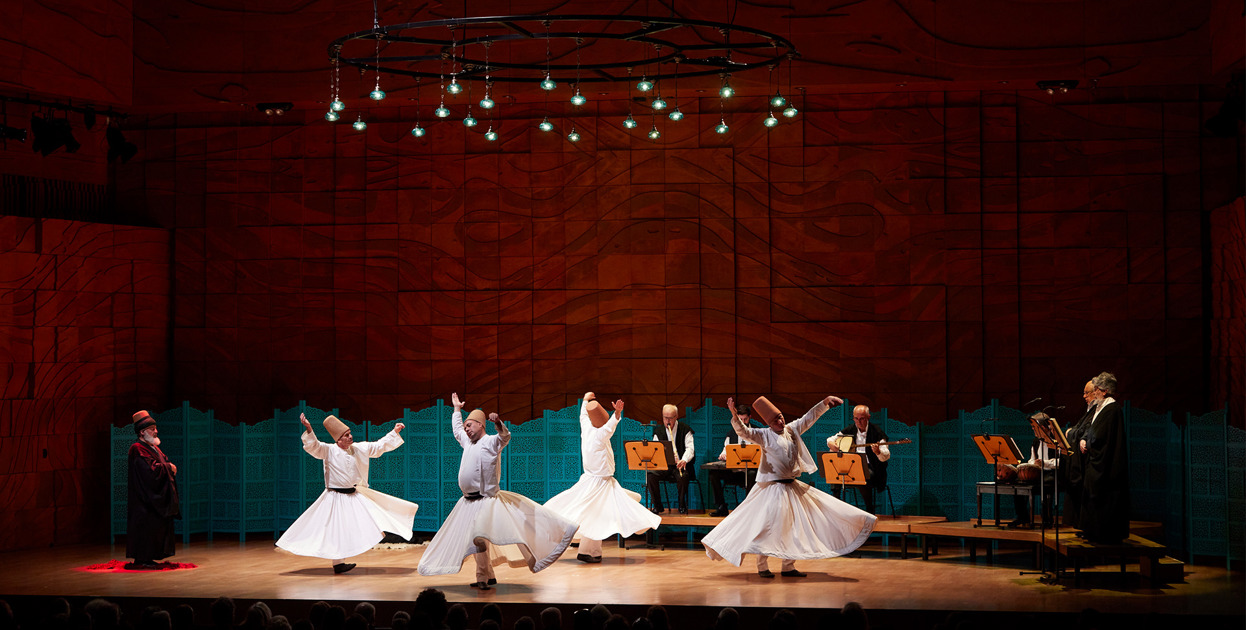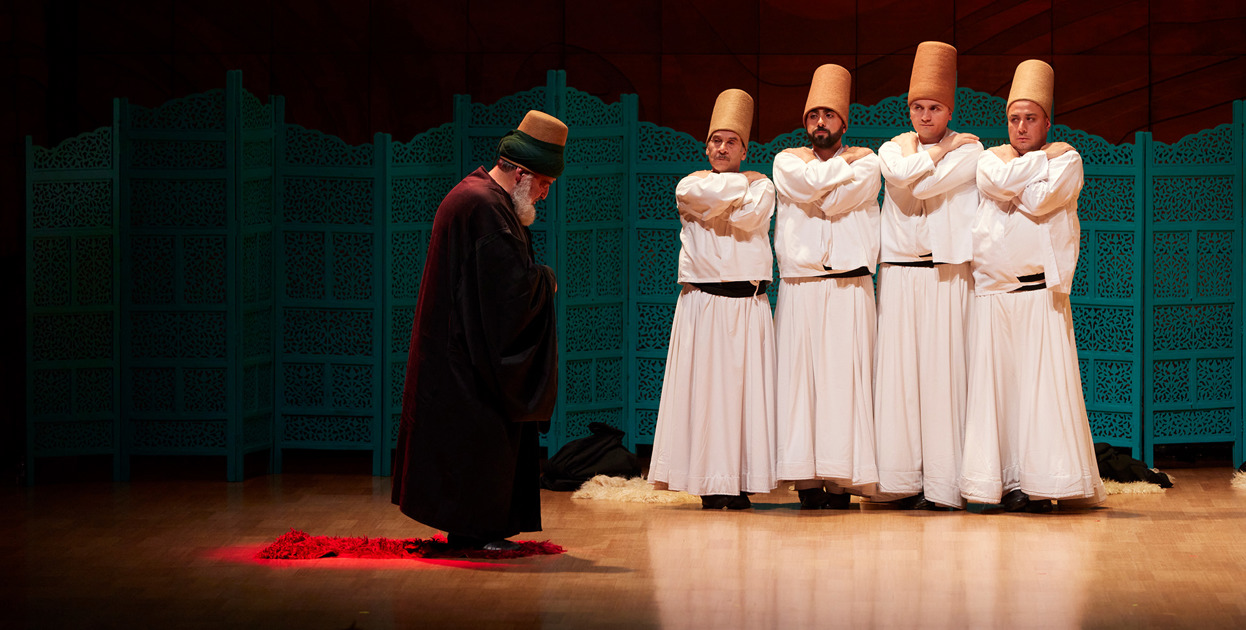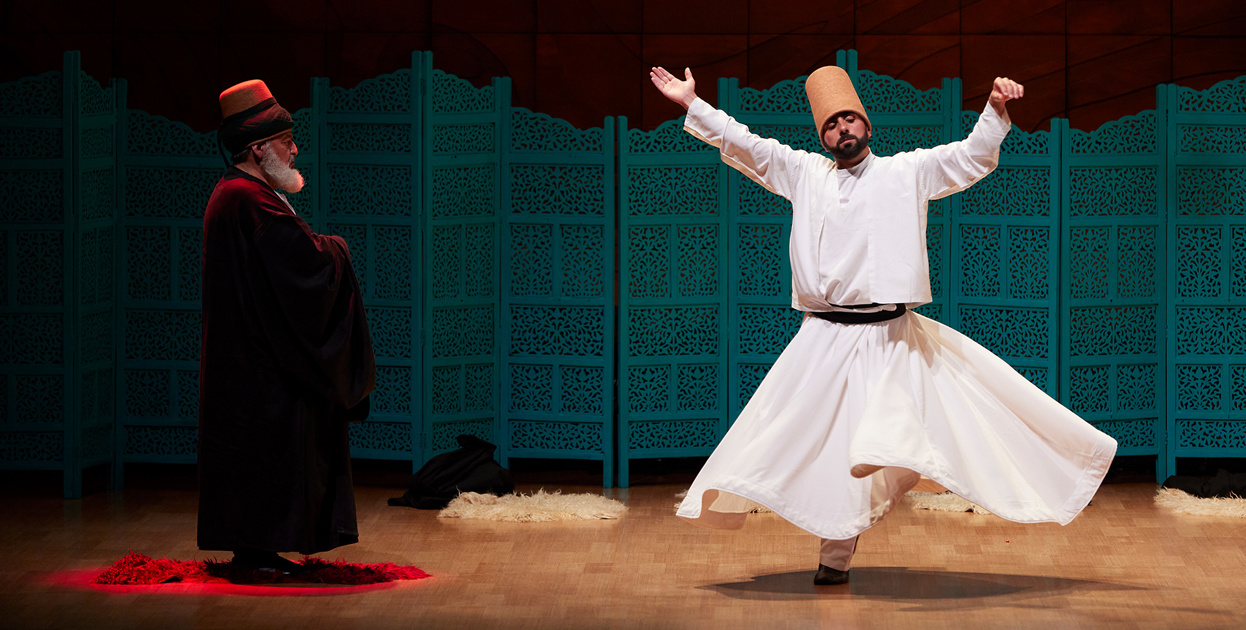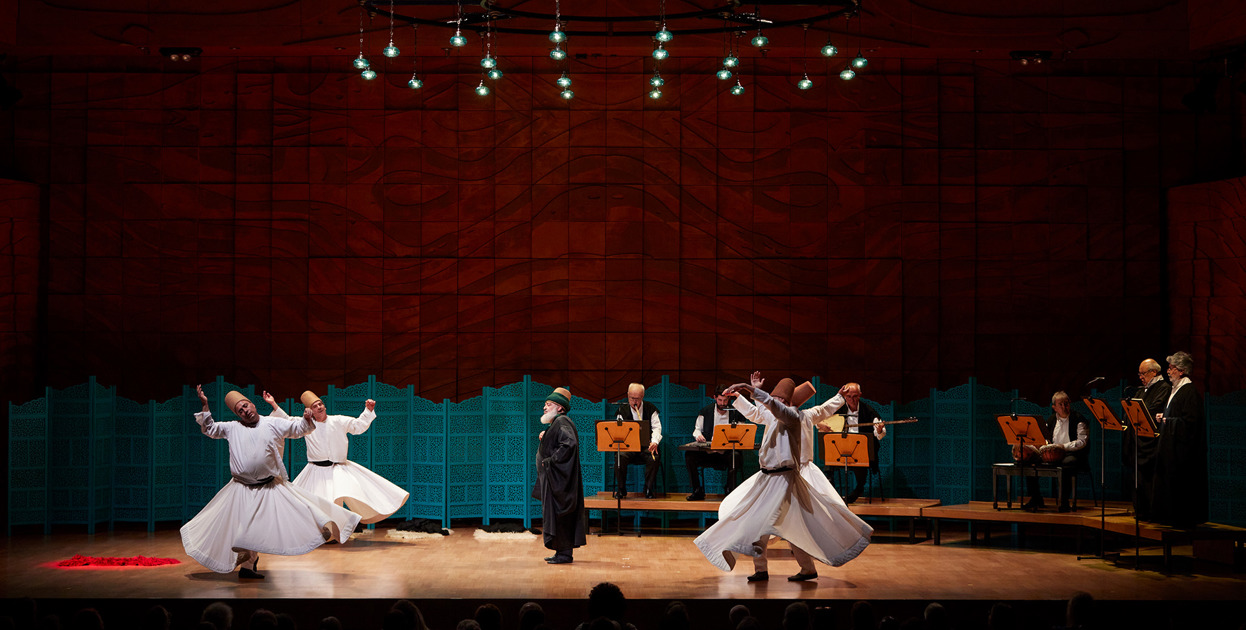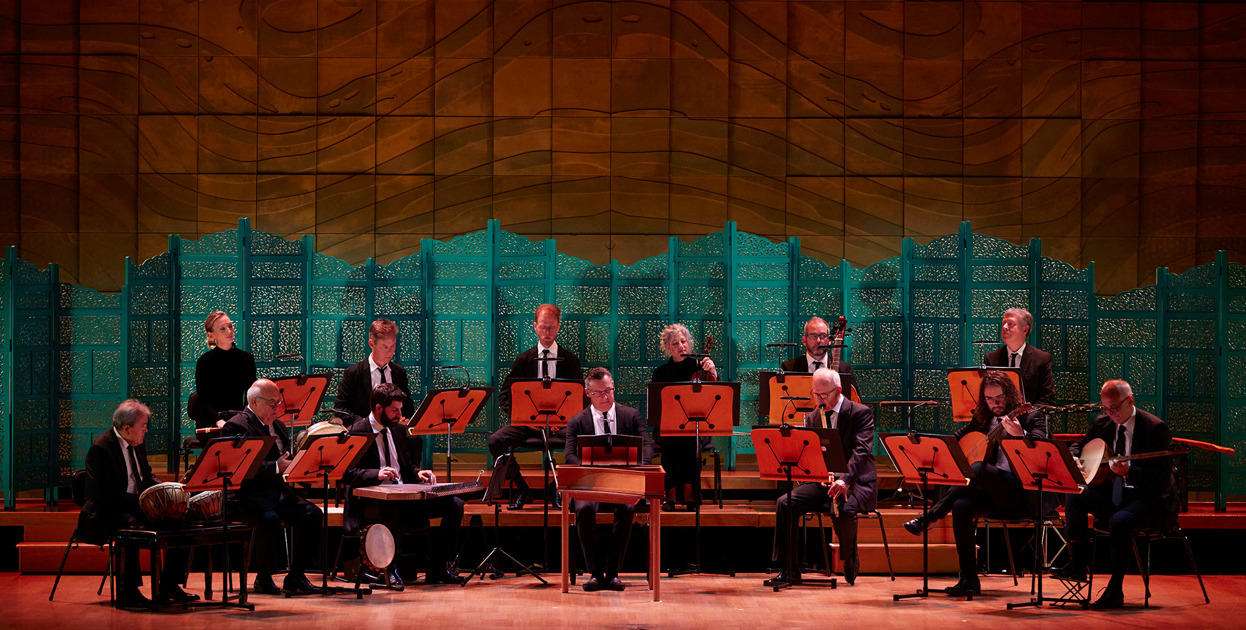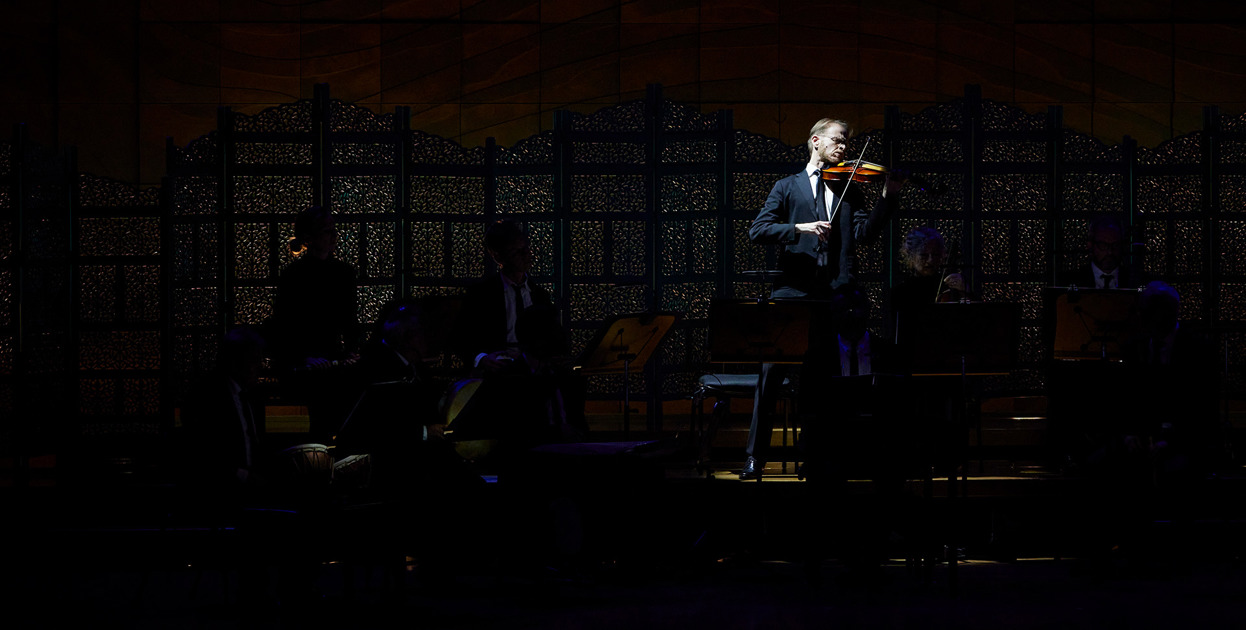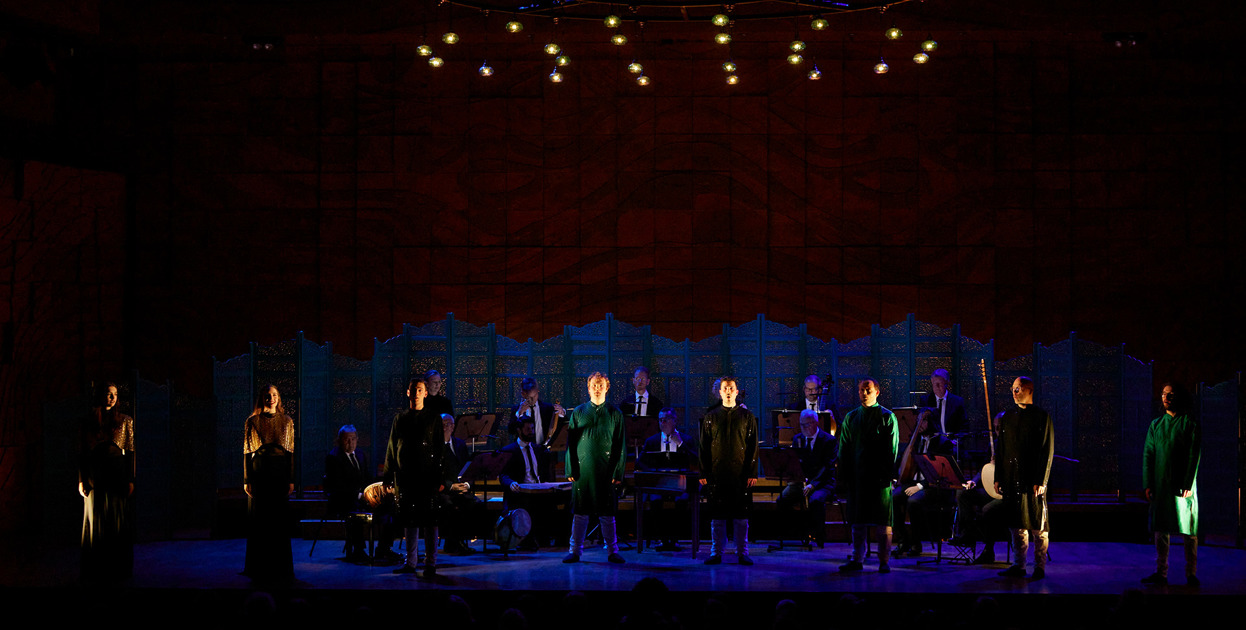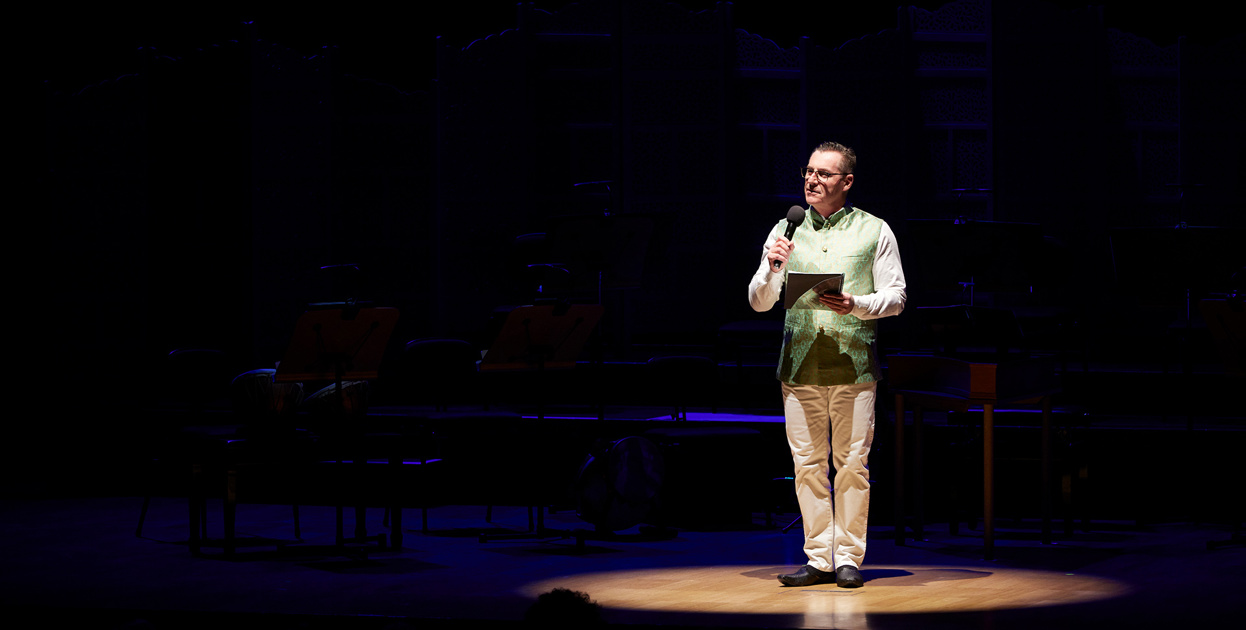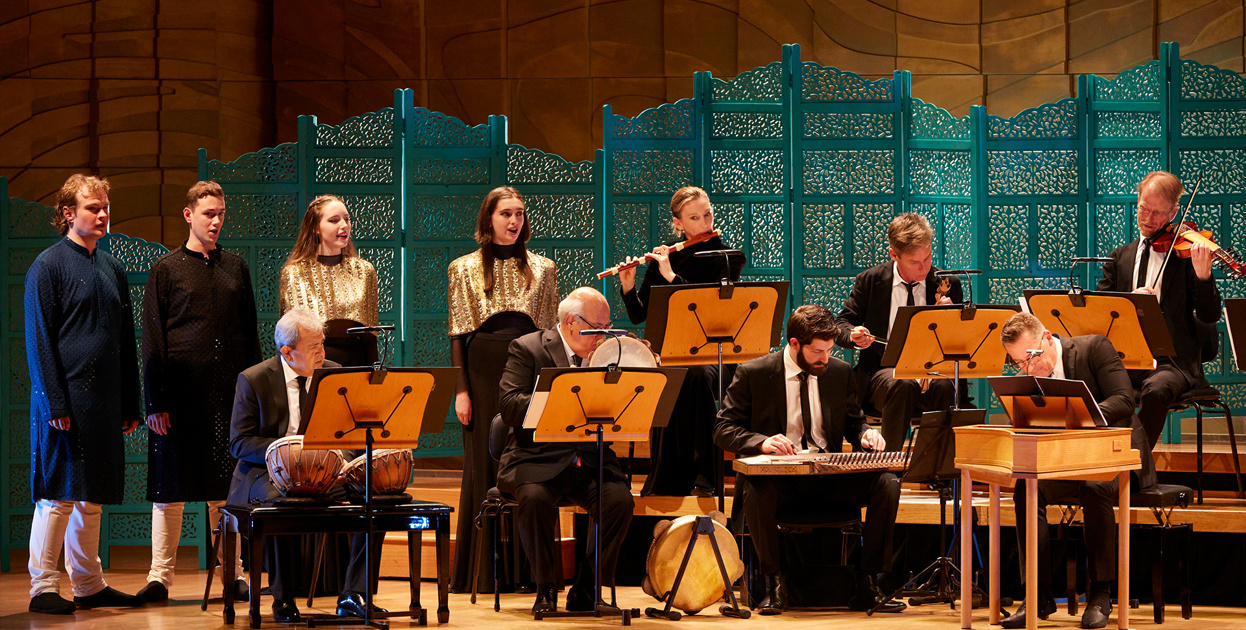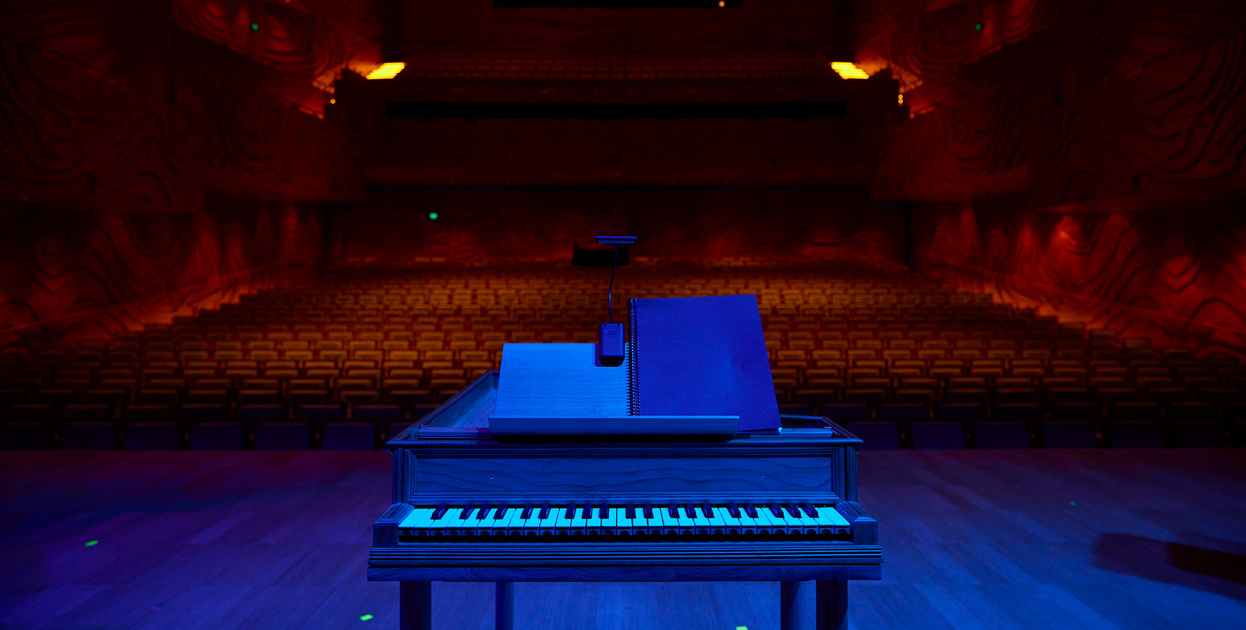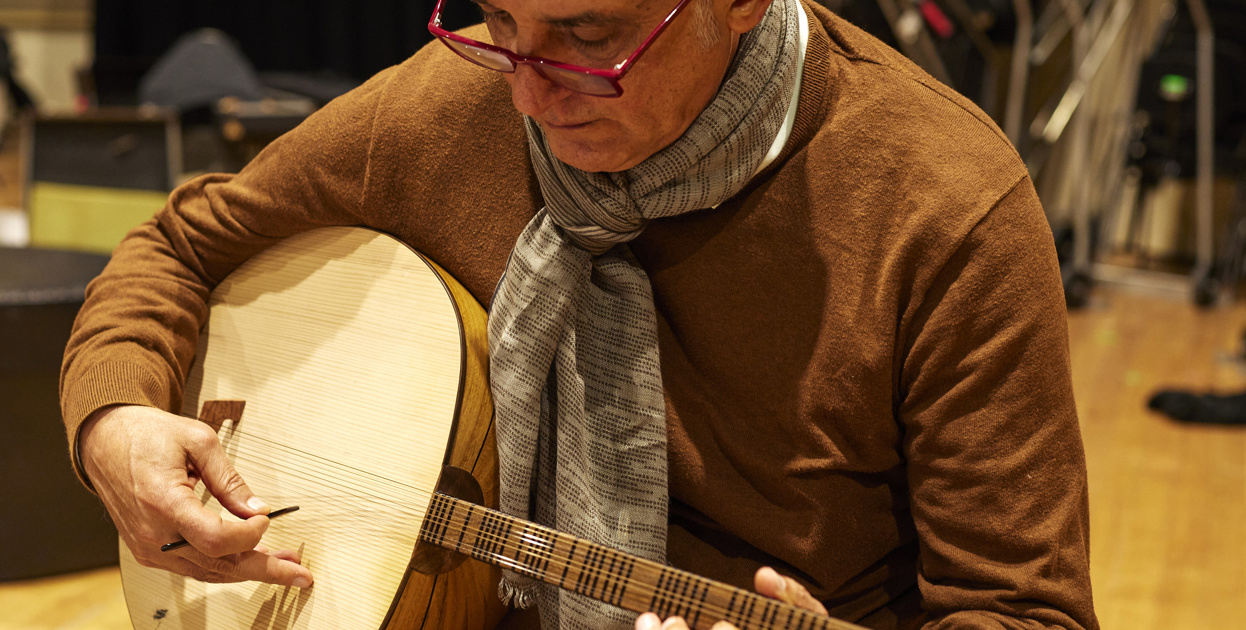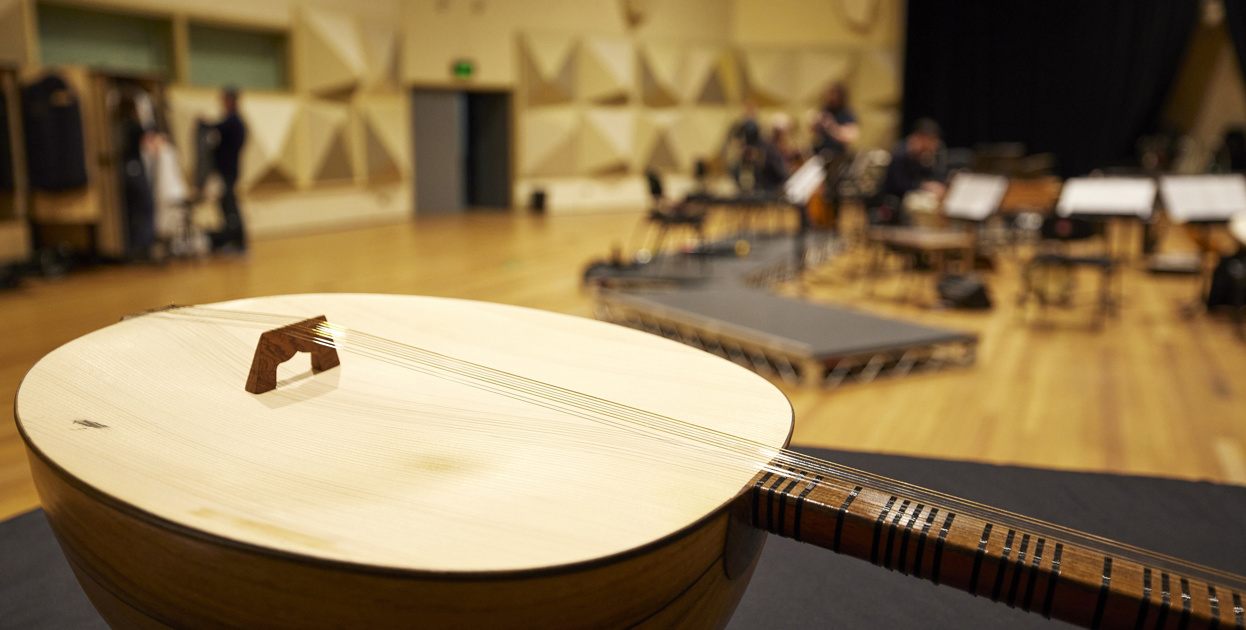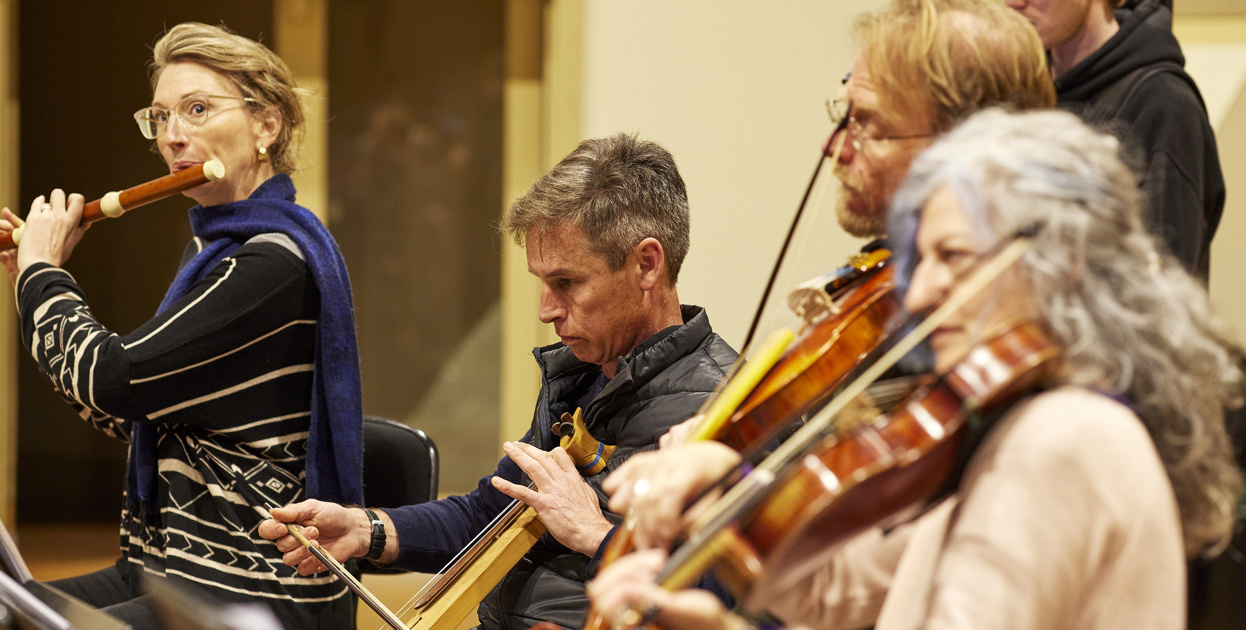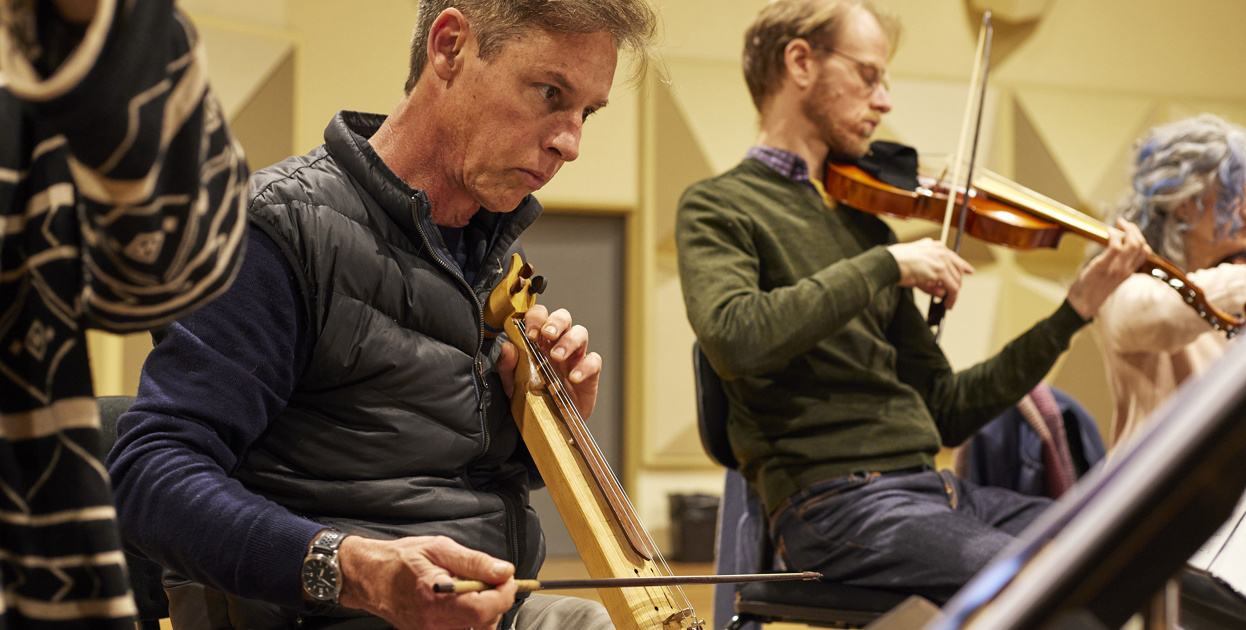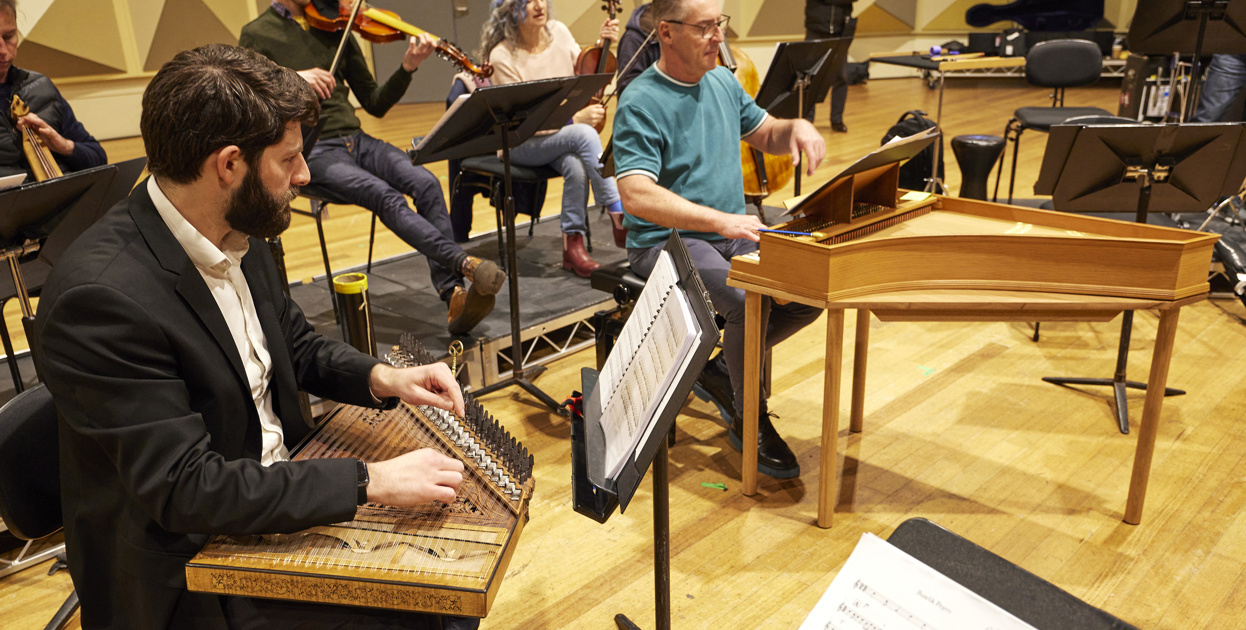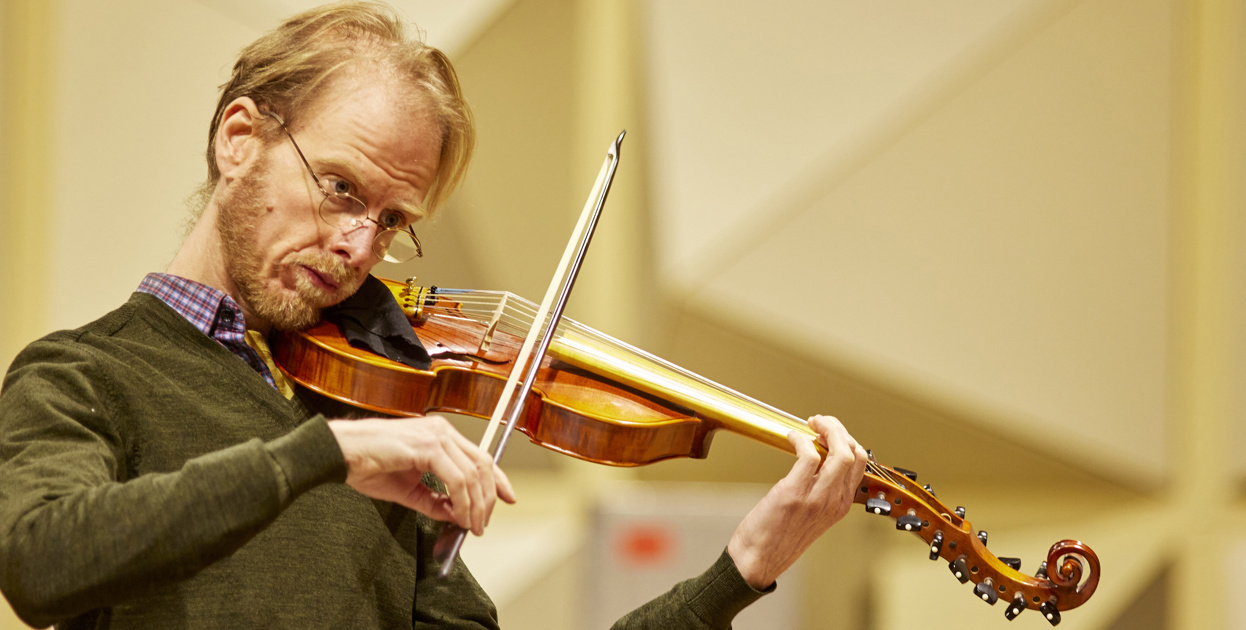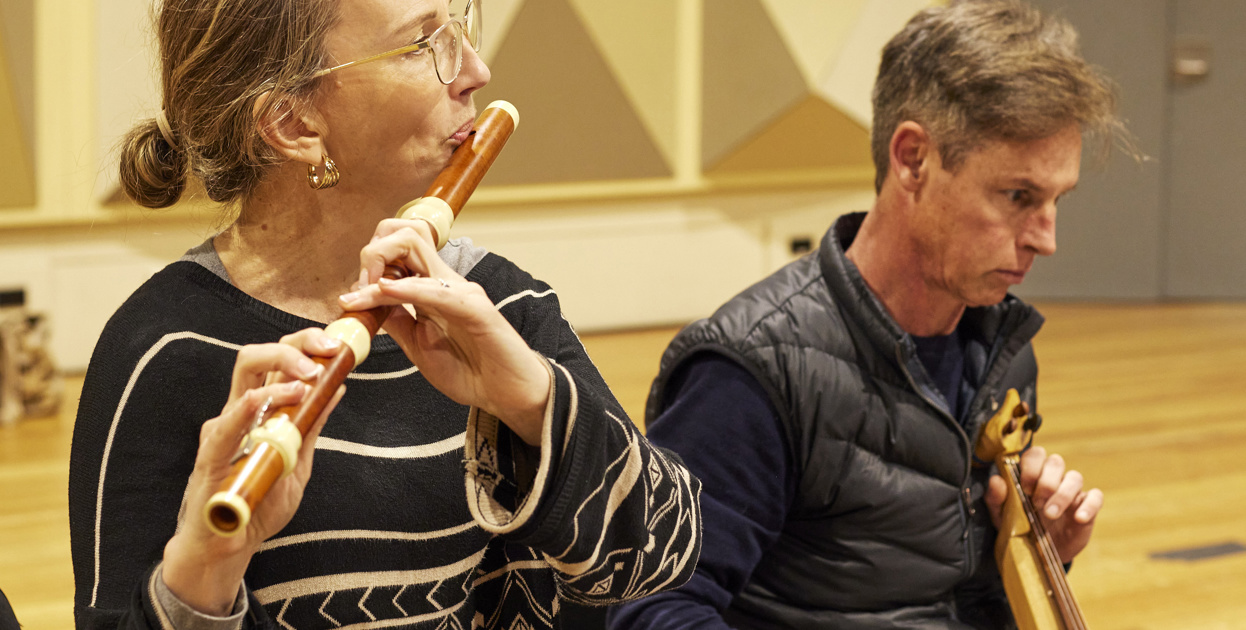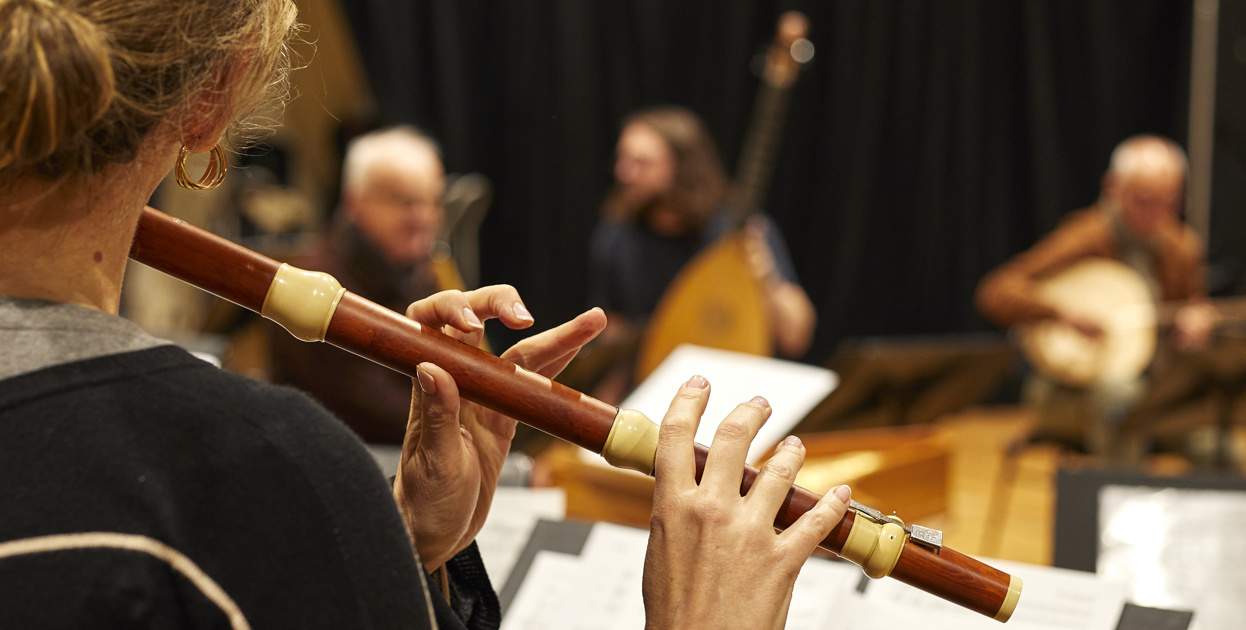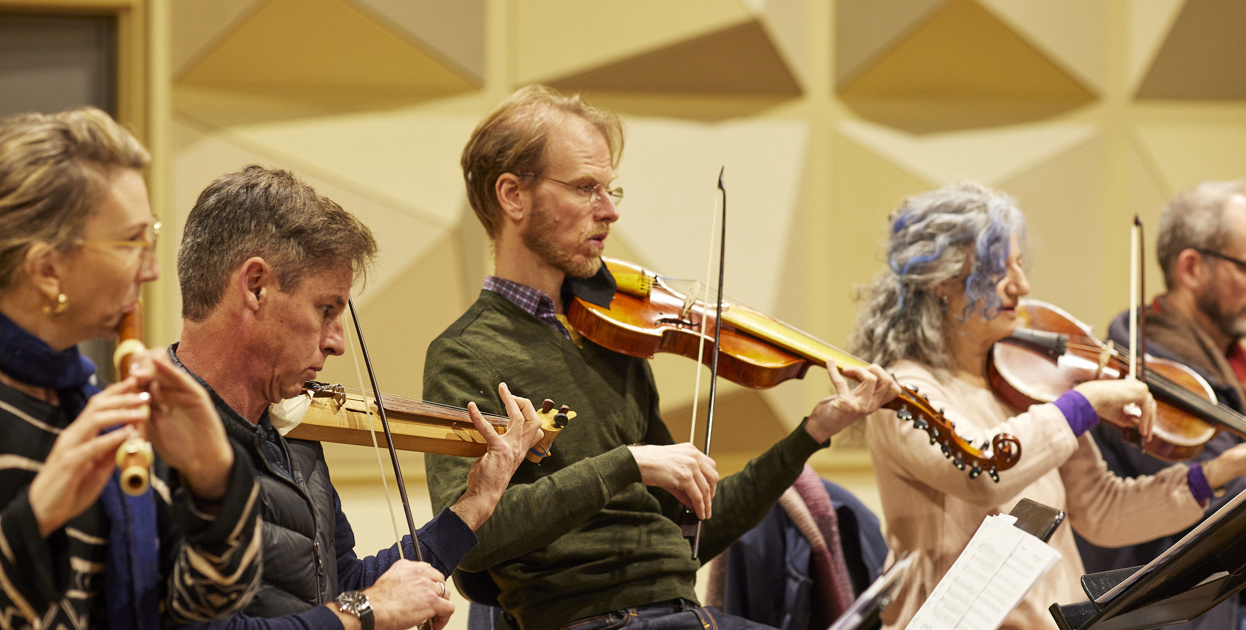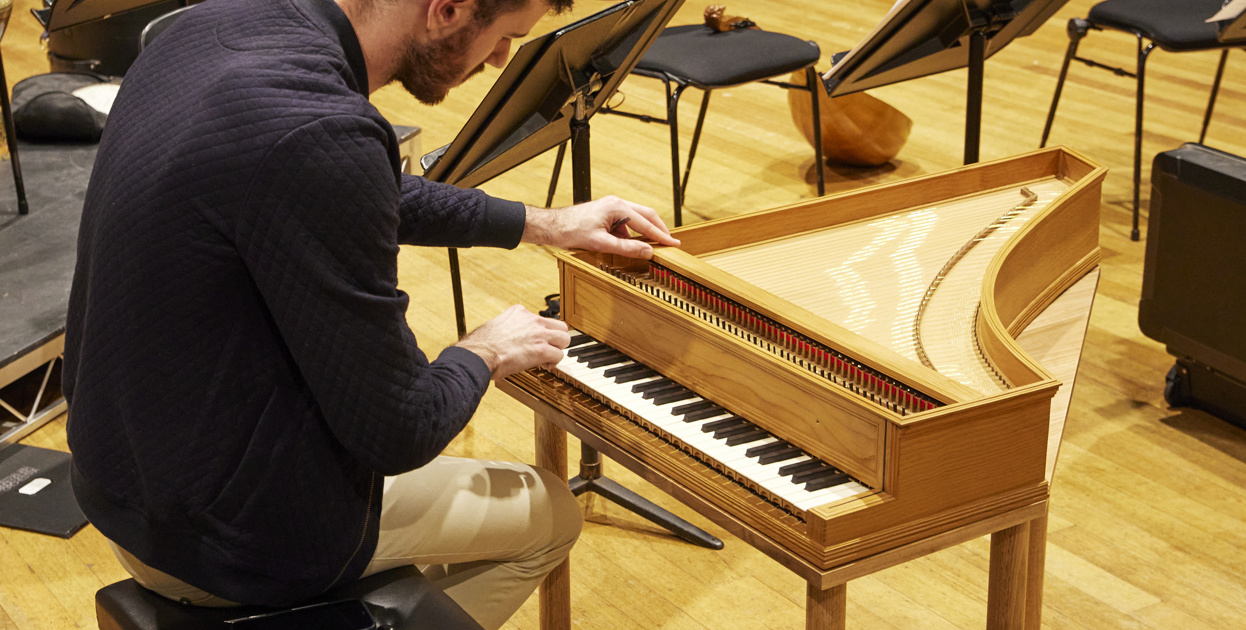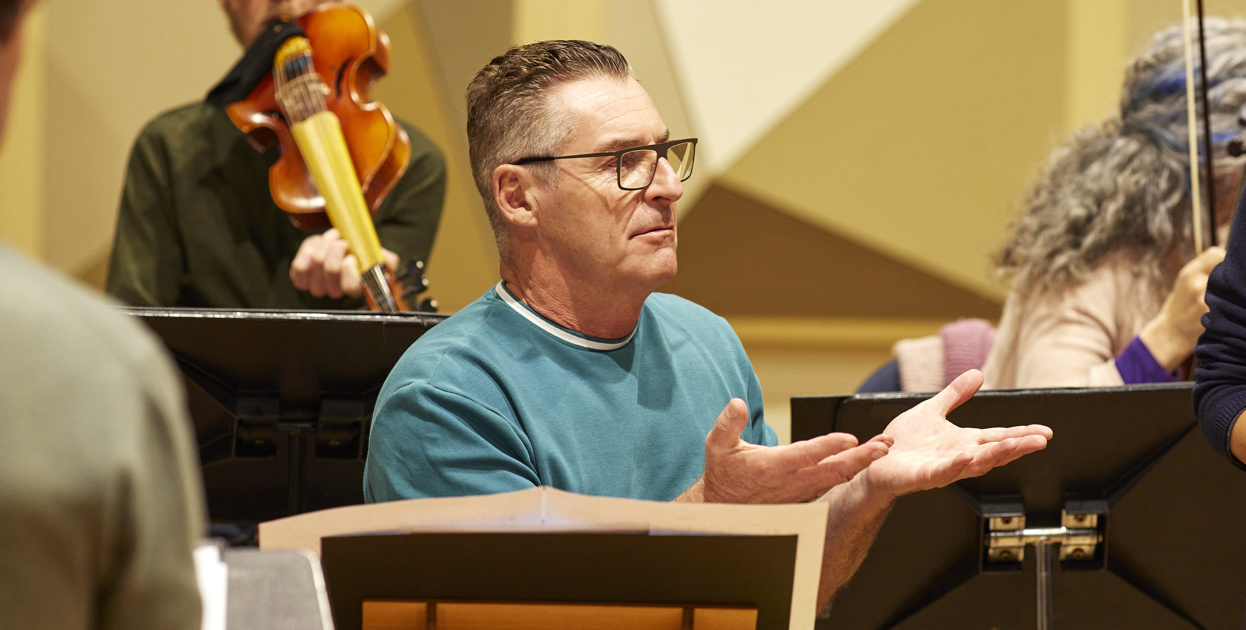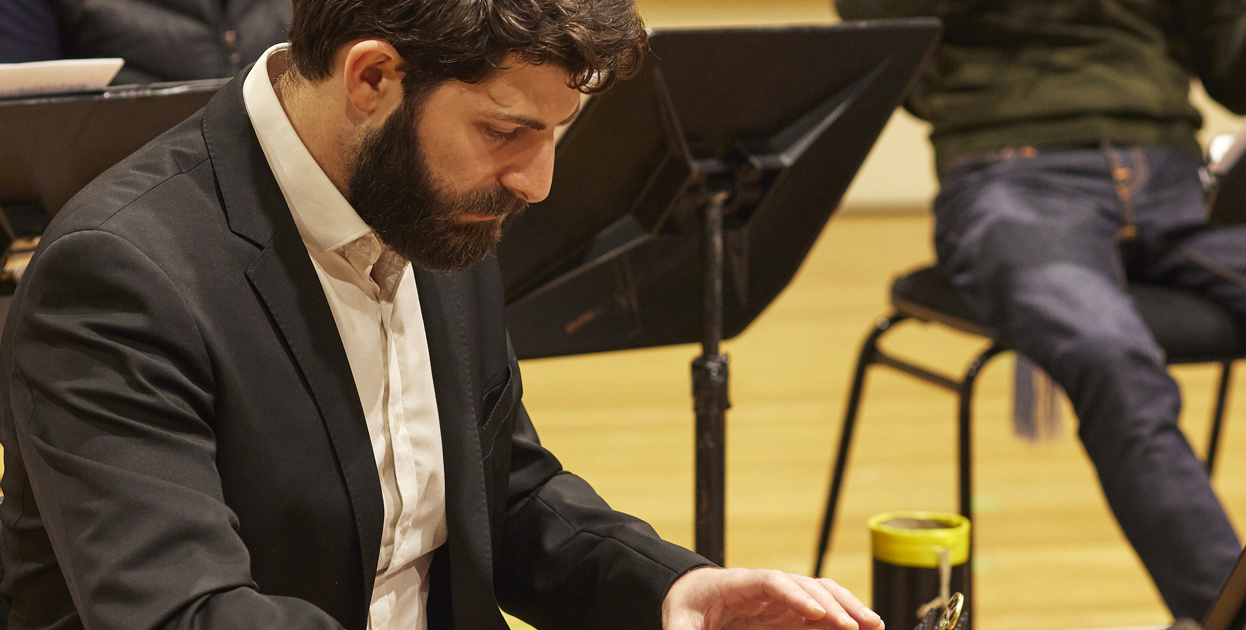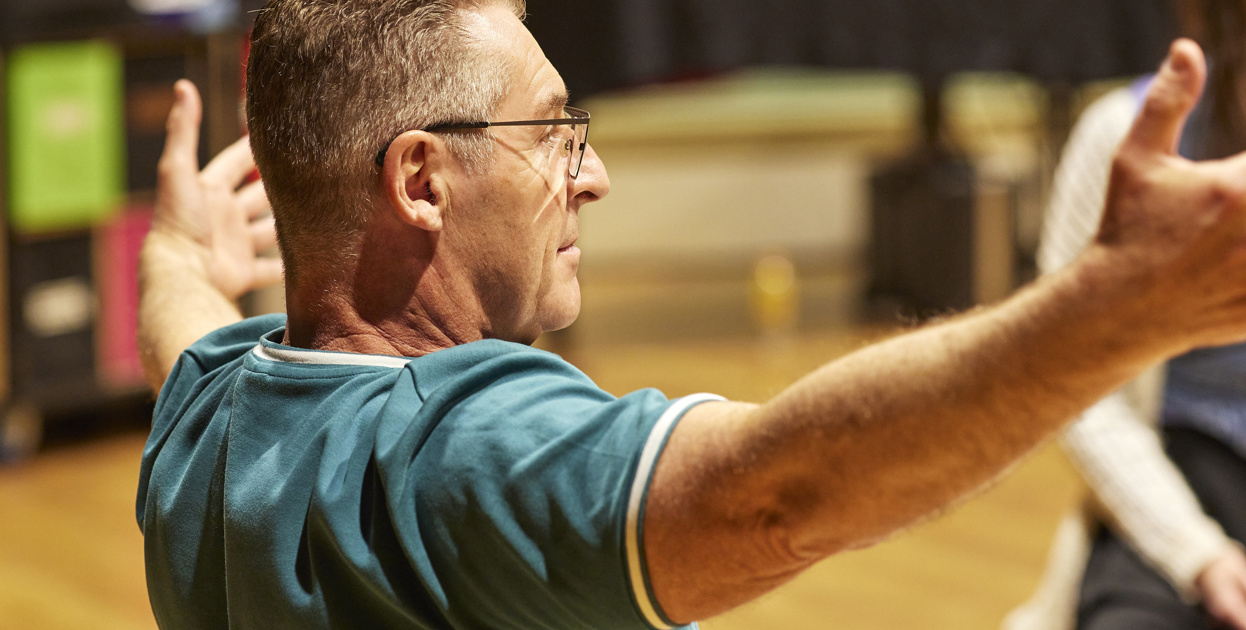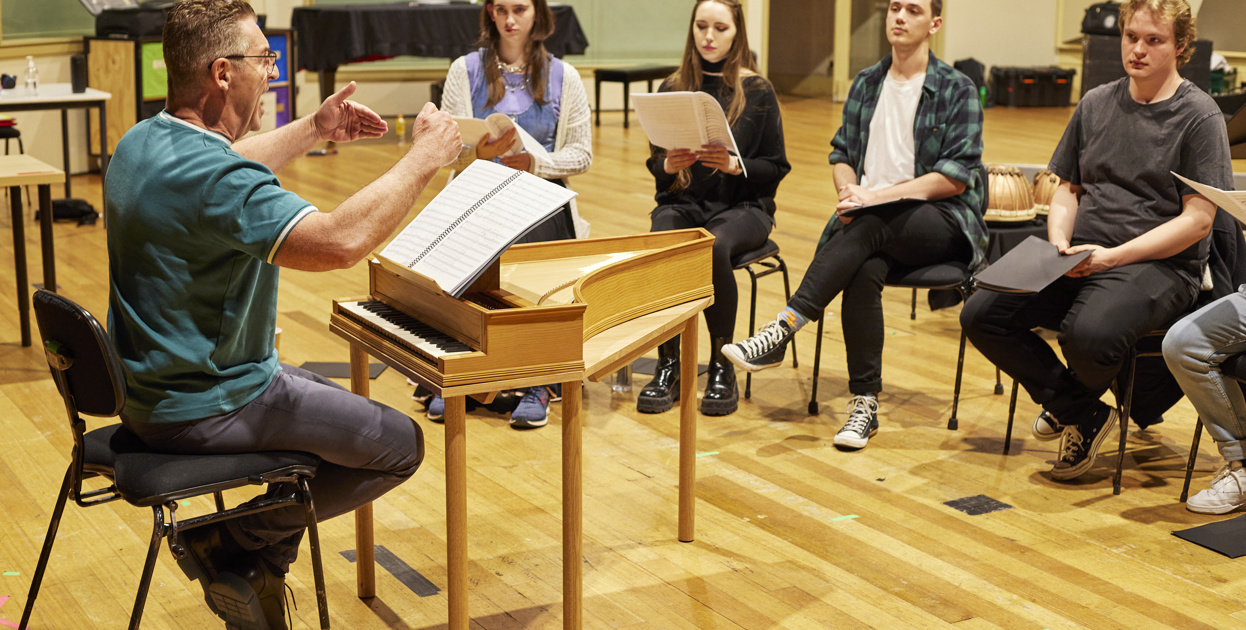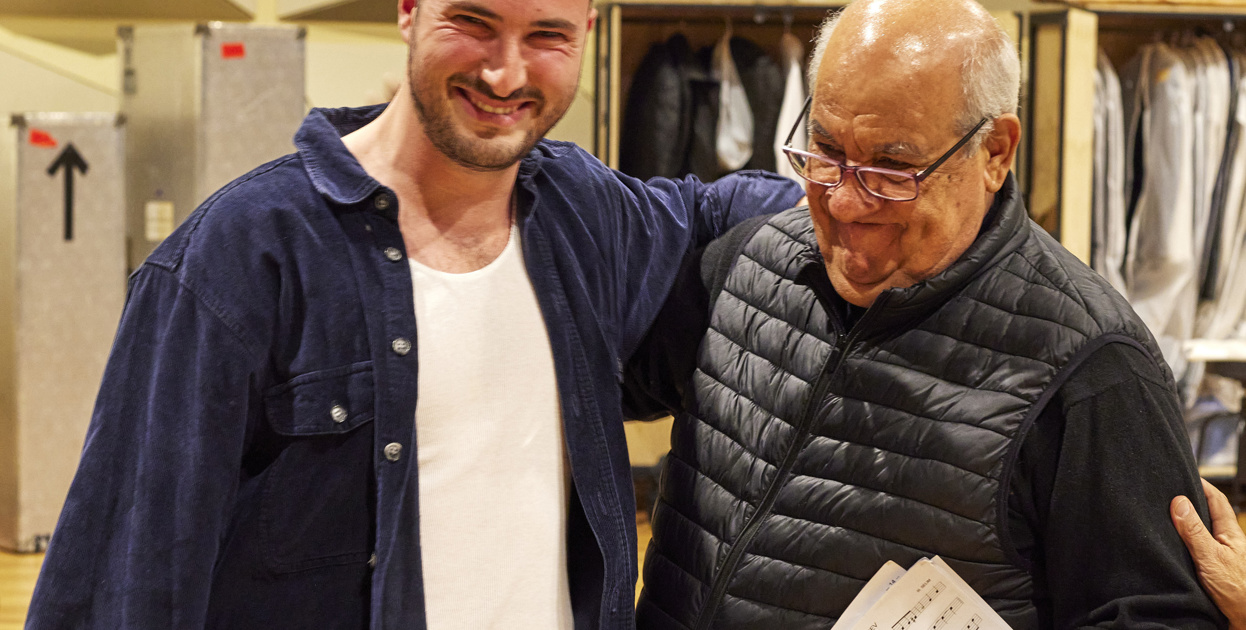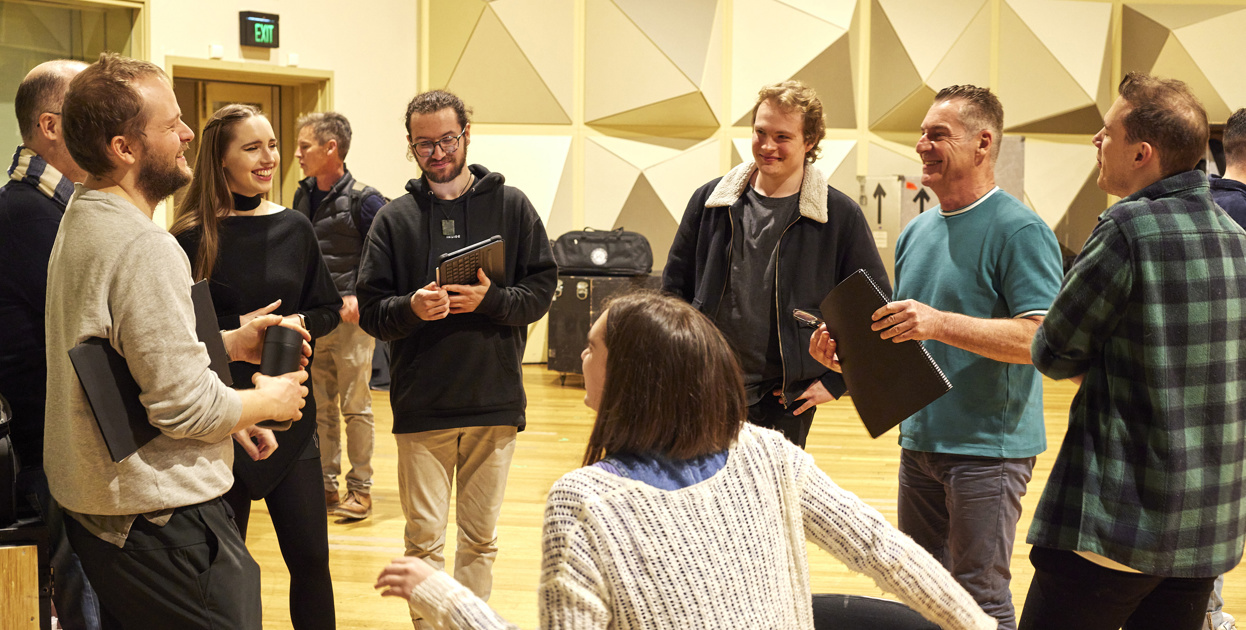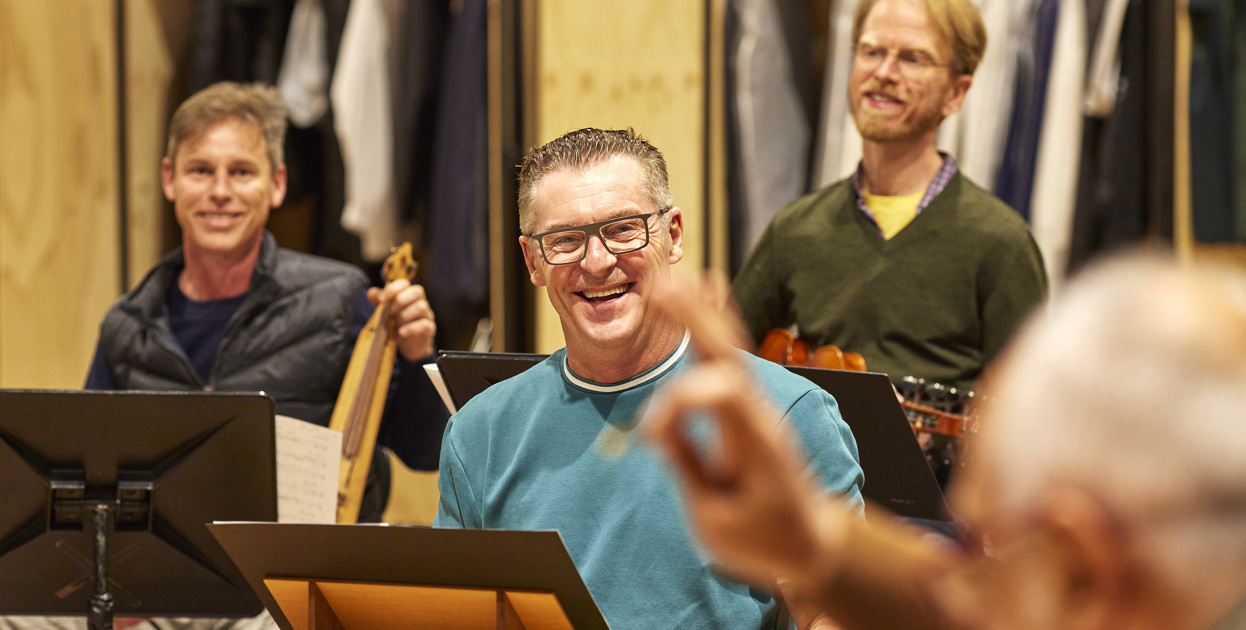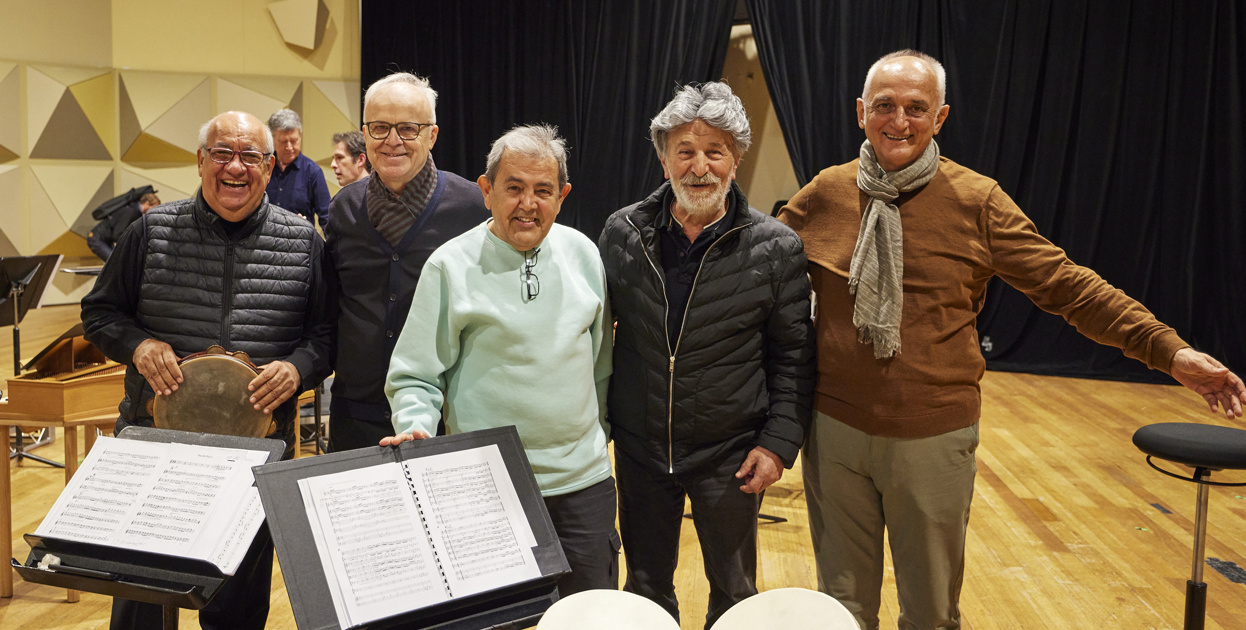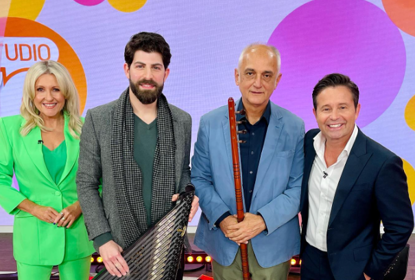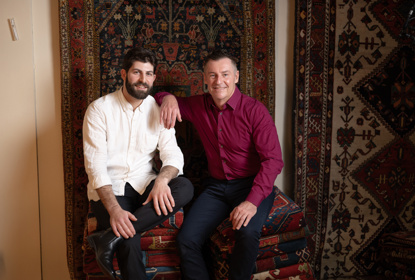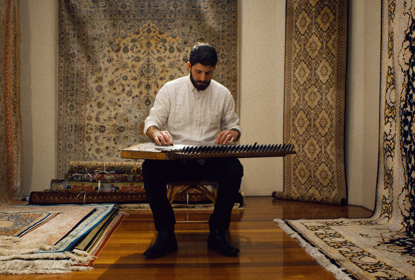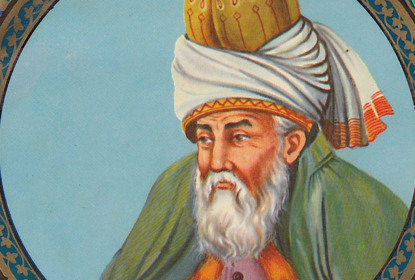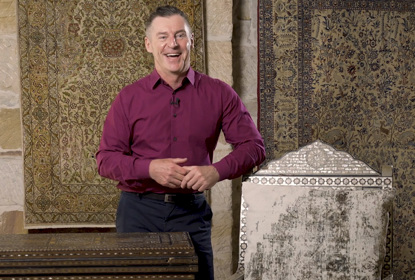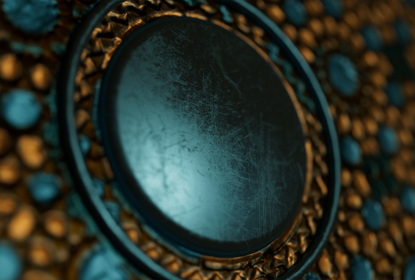Ottoman Baroque
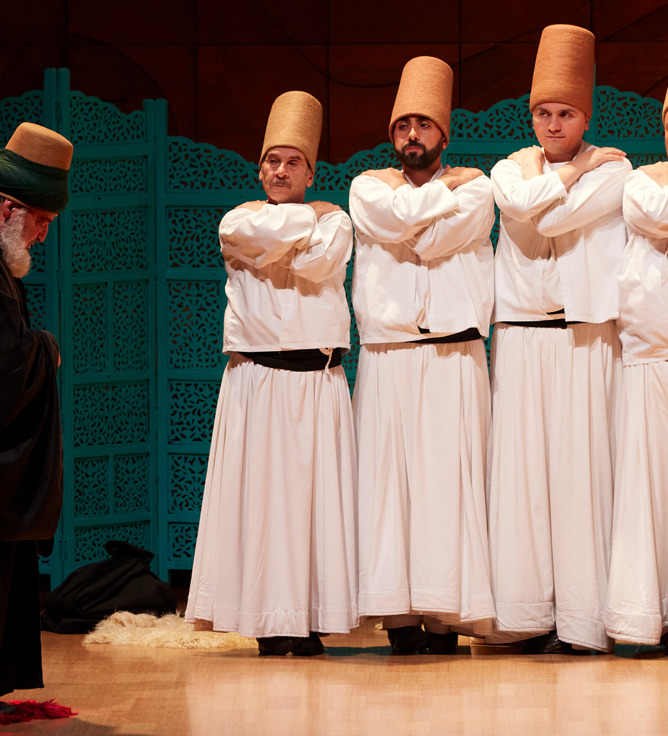
A message from Joe Twist
"Even in translation to English, Rumi's beautiful poem 'This Marriage' is rich with sublime, graceful, and luxurious imagery, inspiring several composers to set it to music, as heard throughout this concert. In this new setting, I have endeavored to highlight the warmth and mystery of Rumi's words. A simple melody with subtle ornaments is heard throughout the piece, first as a solo, then as a duet, sometimes as a trio, matching different voices and voice-types throughout. Harmonies become richer and denser before returning to the simple melody. It is my hope that this music offers listeners a contemplative, meditative experience that reflects the universality and timelessness of love and marriage in all its forms."
- Joe Twist speaking on his new commission for 'This Marriage'
This Marriage by Rumi
English Version:
May these vows and this marriage be blessed.
May it be sweet milk,
like wine and halvah.
May this marriage offer fruit and shade
like the date palm.
May this marriage be full of laughter,
our every day a day in paradise.
May this marriage be a sign of compassion,
a seal of happiness, here and hereafter.
May this marriage have a fair face and a good name,
an omen as welcomes the moon in a clear blue sky.
I am out of words to describe
how spirit mingles in this marriage.
Translation: Vehbi Taşar
Turkish Version:
Bu yeminler ve bu evlilik kutsanılsın.
Tatlı süt olsun
bu evlilik, şarap ve helva gibi olsun.
Bu evlilik meyve ve gölge sunsun
hurma ağacı gibi olsun.
Bu evlilik gülüşlerle dolsun,
hergünümüz cennette bir gün olsun.
Bu evlilik şefkatin bir belirtisi olsun
mutluluğu damgalasın hem burda hem de bundan sonrada.
Bu evliliğin yüzü hoş, adı güzel olsun,
berrak mavi gökte ay gibi hayırlı bir işaret olsun.
Sözcükler bulamıyorum anlatmaya
ruhun nasıl bu evliliğin içinde katıp karıştığına.
Translation: Kabir Helminsk
Farsi Version:

Original version by Jalāl al-Dīn Muḥammad Rūmī, written in the 13th century
Source: ganjoor.net
Opening Night Photo Gallery
The Instruments & Musicians
A country known for its rich cultural heritage, Türkiye boasts a vibrant musical tradition that is deeply intertwined with its history. Among the various aspects of Turkish music, traditional instruments hold a special place. Four such instruments that epitomize the essence of Turkish music are the Kudum, Tanbur, Ney, and Kanun. These instruments can be seen in action at the Brandenburg's upcoming concert series Ottoman Baroque.
The Kudum is a percussive instrument that consists of a pair of small drums. Made from wood, with animal skins stretched over the top, the Kudum represents the rhythmic backbone of Turkish music. It is commonly used in traditional Turkish folk music and is an integral part of celebratory occasions and dance performances. Member of the Mitrip, Aytaç Ergen will be performing on the Kudum for Ottoman Baroque.

Next in the line-up of traditional instruments making the journey from Türkiye is the stringed Tanbur, with its long neck and pear-shaped body. It has a mesmerizing sound that is both melancholic and introspective. Traditionally made from mulberry wood and fitted with sheep intestines for strings, the Tanbur is played using a plectrum. We welcome Refik Hakan Talu, to regale us with the subtle sounds of the Tanbur this July.
Uğur Onuk will be playing the Ney for Ottoman Baroque. The Ney is a reed flute and is considered one of the oldest musical instruments in existence. Made from a hollow reed with finger holes, the Ney has a haunting and ethereal tone. Its unique sound is achieved through a combination of the player's breath control and finger technique that Onuk will be implementing throughout the series.
Finally, the Kanun is a stringed instrument that belongs to the zither family. It consists of a trapezoidal wooden frame with numerous strings stretched across it. The strings are plucked with special picks attached to the fingertips. The Kanun featured on stage throughout Ottoman Baroque will be played by Sydney musician and music tutor Tarik Hussein… who operates under the fitting moniker ‘The Kanun Guy’. Tarik plays, teaches and even builds Kanuns from his home/studio in Bossley Park.
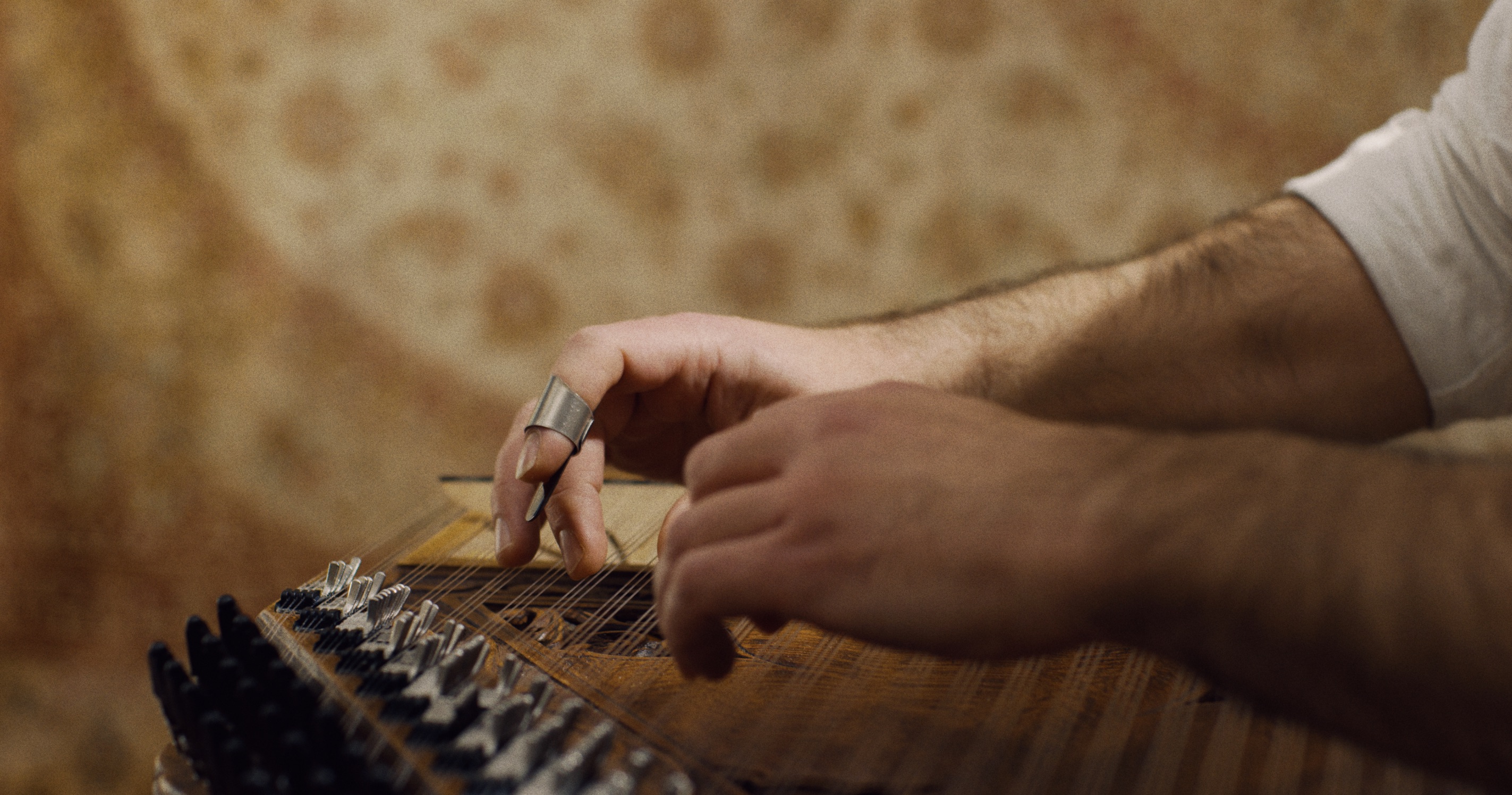
These traditional Turkish instruments continue to enchant audiences with their distinct timbres and cultural significance. They carry the melodies and rhythms that evoke the essence of Türkiye’s past and present, making them an integral part of the country's musical identity.
We cannot wait for you to experience these wonderous and historical instruments in the masterful hands of their Turkish handlers for Ottoman Baroque.





